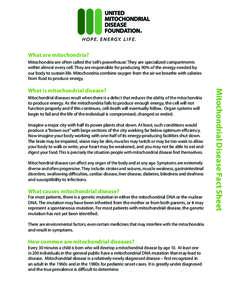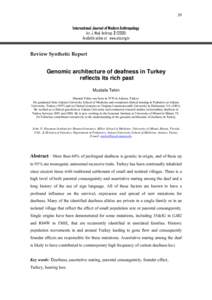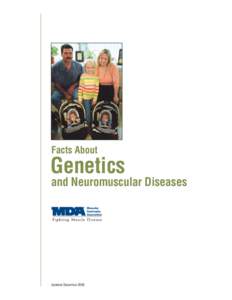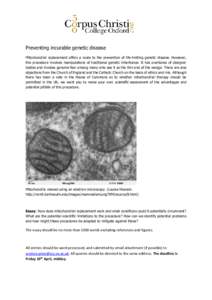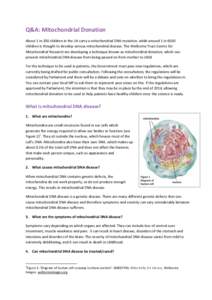<--- Back to Details
| First Page | Document Content | |
|---|---|---|
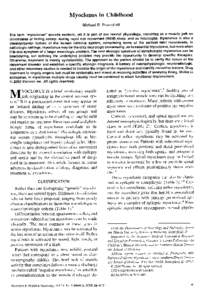 Date: 2005-04-04 15:14:38Neurological disorders Seizure types Rare diseases Medical signs Myoclonus Mitochondrial diseases Progressive myoclonus epilepsies Opsoclonus myoclonus syndrome Health Brain Epilepsy |
Add to Reading List |
 Myoclonus in Childhood Michael R . Pranzatelli The term "myoclonus" sounds esoteric, yet it is part of our normal physiology, occurring as a muscle jerk on drowsiness or falling asleep, during rapid eye movement (REM) sl
Myoclonus in Childhood Michael R . Pranzatelli The term "myoclonus" sounds esoteric, yet it is part of our normal physiology, occurring as a muscle jerk on drowsiness or falling asleep, during rapid eye movement (REM) sl